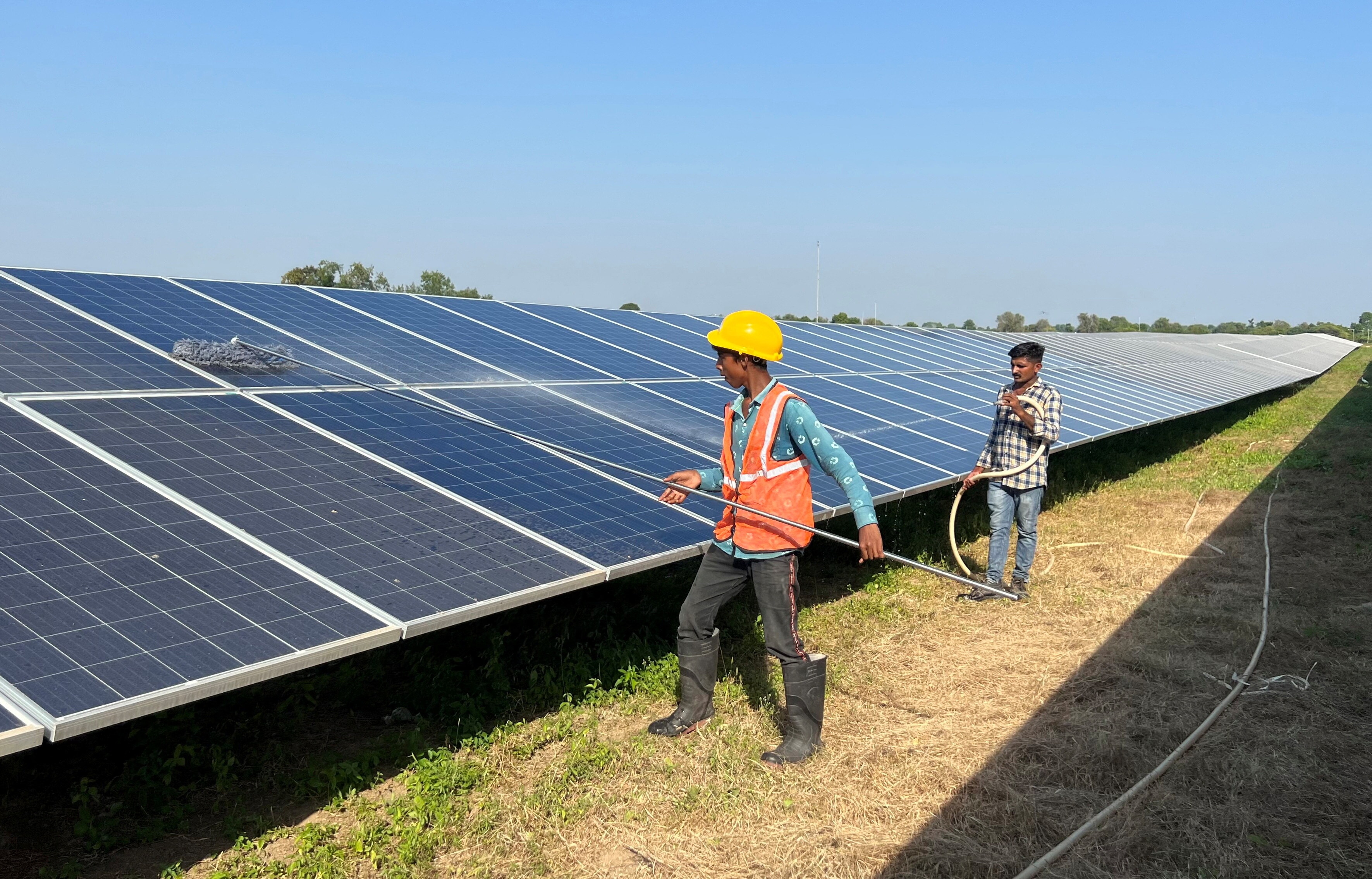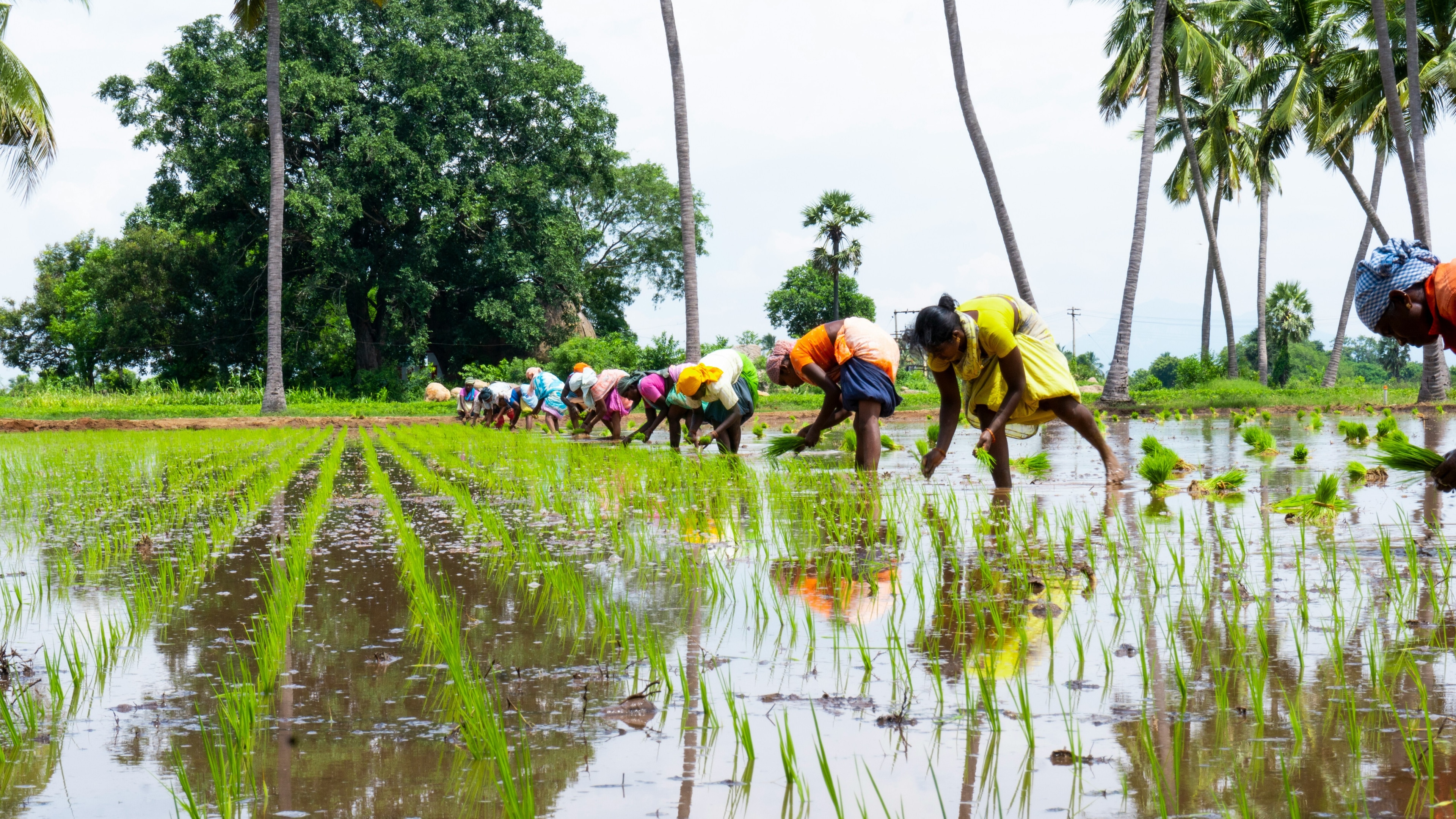A new ratings system will assess schooling for girls worldwide

Stay up to date:
Gender Inequality
An advocacy group set up by Nobel Peace Prize winner Malala Yousafzai and Foreign Policy Magazine are launching an annual index to assess the availability and quality of education for girls around the world, organizers said.
The index will compile data to highlight gaps in secondary educational opportunities as well as gaps in donor funding, the magazine said in a statement.
“This new index is a ‘report card’ for our leaders, a critical step toward helping ensure that my sisters everywhere can have a quality, safe and free secondary education,” said the 18-year-old Yousafzai in the statement.
Yousafzai was shot in the head in Pakistan in 2012 by the Taliban for advocating girls’ rights to education.
Some 62 million girls are out of school around the world, and girls have faced violence for trying to go to school in 70 nations, according to the Malala Fund, which Yousafzai founded with her father to support education for girls.
The yearly index will show the availability, quality and security of girls’ secondary education, using data from non-governmental organizations, educational institutions, national governments and other groups, the Washington, D.C.-based magazine said. It did not say when the first index would be published.
The education activist is the youngest winner of the Nobel Peace Prize, which she won in 2014. She is the topic of a documentary movie “He Named Me Malala,” to be released in October.
This article is published in collaboration with Thomson Reuters Foundation trust.org. Publication does not imply endorsement of views by the World Economic Forum.
To keep up with the Agenda subscribe to our weekly newsletter.
Author: Ellen Wulfhorst is the Chief Correspondent of the Americas for the Thompson Reuters Foundation.
Image: Nobel Peace Prize laureate Malala Yousafzai poses with the medal and the diploma during the Nobel Peace Prize awards ceremony at the City Hall in Oslo December 10, 2014. REUTERS/Suzanne Plunkett
Don't miss any update on this topic
Create a free account and access your personalized content collection with our latest publications and analyses.
License and Republishing
World Economic Forum articles may be republished in accordance with the Creative Commons Attribution-NonCommercial-NoDerivatives 4.0 International Public License, and in accordance with our Terms of Use.
The views expressed in this article are those of the author alone and not the World Economic Forum.
Related topics:
Forum Stories newsletter
Bringing you weekly curated insights and analysis on the global issues that matter.
More on Equity, Diversity and InclusionSee all
Joan-Paula Bor and Kathleen Schmeler
October 6, 2025
Piyush Verma and Abhinav Jindal
September 25, 2025
Aarti Lila Ram
September 25, 2025
Mark Esposito and Ava Fitoussy
September 22, 2025






